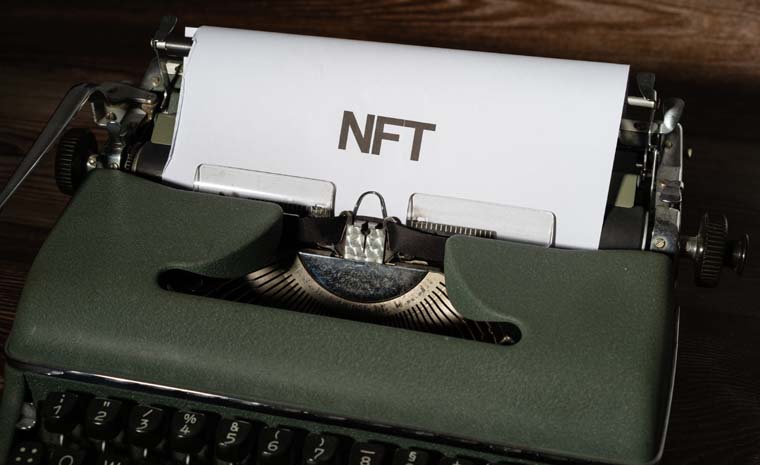
The NFT market has made a sharp jump over the past years, opening up golden opportunities for investors to generate income. These days, digital assets mean much more than just owning Bitcoin or Ethereum, and NFTs are a perfect example of how diverse modern investment portfolios can be. This guide will discuss how to make money with NFTs and outline the most profitable approaches.
1. Play P2E games
Earning money while playing games has become a stable flow of revenue for many. A lot of NFT games have play-to-earn (P2E) features that enable players to generate rewards through skilled gameplay. These rewards usually come in the platform's native token, which you can spend on in-game items or exchange for real money.
Consider Wizardia as an illustration. Wizard NFTs represent in-game characters, i.e. magical figures that will fight in the combat Arena. The NFTs will be a crucial part of future game modes. Come learn more about Wizard NFTs and their value in the world of Wizardia.
2. Generate royalties
If you're the creator of an NFT, you might set a royalty percentage. This means that any secondary market sales will generate a payment to you as the original creator. Therefore, even after selling your digital asset, you as the creator can earn passive income for the rest of your life.
You must clearly define a royalty percentage in your terms. Most NFT royalty levels reach 5% or 10%, but some go much higher.
3. Stake NFTs
In general, staking means earning rewards by locking up your cryptocurrencies to verify and secure transactions on the blockchain. This process is similar to putting money in a savings account at a bank to earn passive income.
Similarly, you can stake your NFTs, mainly in the P2E gaming sector. Yet, as this market is still fresh, there aren't many platforms that offer NFT staking. You may check out MOBOX and Zookeeper to learn more about staking NFTs.
4. Rent out your NFTs
This strategy might look confusing. By definition, non-fungible tokens (NFTs) are virtual certificates that show the ownership of unique digital goods you can't copy. Yes, NFTs are irreplaceable, but it doesn't mean that you can't rent them out to others.
Renting NFTs works like the regular renting process when a landlord leases out their real estate properties. In the same way, you loan your NFTs to others for a pre-defined time and receive money for that. Renting out allows earning money from NFTs without losing ownership.
5. Trade your NFTs
You can treat NFTs like stocks, i.e. purchase them to sell them. Investors engaged in NFT trading typically buy and sell NFTs for a small profit but repeat this process over and over again, so trading NFTs becomes really profitable.
The trickiest thing about trading NFTs is knowing the right time to sell. This suggests that trading NFTs requires patience and additional knowledge of the market. However, waiting and studying do bring their benefits—the payoff might double or even triple your investment in a short time.
6. Invest in early NFT companies
Did you know that many of the most popular NFTs were minted initially at a relatively low price? Then, their value increased exponentially with time—they just needed some time to enter the mainstream.
Consider CryptoPunks as an example. In 2017, Punks could be purchased just for $1. When the NFT boom happened in 2021, these Punks skyrocketed! People were willing to pay $24 million for one Punk!
Therefore, researching NFT startups is a great way to earn money through NFTs without being directly exposed to the volatility of the crypto market.
Conclusion
NFTs are being sold in the blink of an eye for vast amounts of money. Most experts say it's not just hype, and NFTs are here to stay. Note that the NFT market is rather personal—you may earn much more than you've invested, but you may also be unable to resell your NFTs if no one wants them.
Disclaimer: We, IPLocation.net, do not provide financial or investment advice. Trading any crypto-related and blockchain asset including non-fungible tokens (NFTs) is extremely risky and could result in significant capital losses and unexpected liabilities.
Share this post
Leave a comment
All comments are moderated. Spammy and bot submitted comments are deleted. Please submit the comments that are helpful to others, and we'll approve your comments. A comment that includes outbound link will only be approved if the content is relevant to the topic, and has some value to our readers.

Comments (0)
No comment